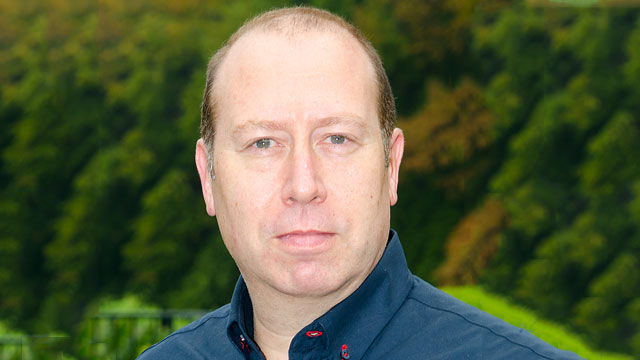
Regulators’ approval of Vodacom’s R7bn bid to buy fixed-line business Neotel should worry Telkom, said an analyst.
On Tuesday, the Competition Commission gave Vodacom the green light to buy Neotel for R7bn.
The regulator made the decision a year after Vodacom signalled its intention to buy Neotel. The Competition Commission’s decision also comes after the Independent Communications Authority of South Africa approved the merger last month.
The deal is expected to boost Vodacom’s spectrum capabilities and help it enter the fixed-line market, meaning it could compete with Telkom head-on.
Strategy Worx CEO Steven Ambrose said Telkom should be worried about the development.
“The second [fixed-line] operator as originally envisaged is now Vodacom across all levels — wholesale, retail,” Ambrose said. “And they’re formidable.”
Ambrose said that while Telkom still has the country’s biggest fibre network, Vodacom is set to upscale as a result of snapping up Neotel.
“Strategically, Vodacom now has significantly improved its infrastructure,” said Ambrose.
At Telkom’s annual results briefing in Johannesburg last month, the company’s CEO, Sipho Maseko, spoke on Vodacom’s bid for Neotel.
“It will make [Vodacom] a formidable competitor,” Maseko said.
“But as I said, you can … [get tears] in your eyes and be morose and miserable about it, but actually that is the nature of the market.
“There is going to be competition. The bigger question is how do we begin to respond as a company to those sort of competitive changes in the marketplace, so that we retain our relevance and set ourselves on a path to glory,” Maseko said.
One way Telkom has responded is by its R2,7bn bid to buy local IT services company Business Connexion. The Competition Commission also approved this bid earlier this year.
The deal is expected to beef up Telkom’s business in the enterprise space in South Africa and even in other African countries.
While the Competition Commission’s approval of the deal is a key milestone for Vodacom in its bid to buy Neotel, certain hurdles remain.
Final word on the deal still needs to come from the Competition Tribunal and conditions placed on the deal could frustrate Vodacom’s spectrum ambitions.
The Competition Commission stipulated that the tie-up can only happen if Vodacom does not use Neotel’s spectrum for two years.
Other conditions include that the company should commit to a R10bn investment in fixed network, data and connectivity infrastructure in South Africa. Meanwhile, a third condition is that share capital in Vodacom held by black economic empowerment shareholders must increase by an amount of R1,4bn.
Challenges to the deal could also come from the likes of Cell C, which has previously said it could launch legal action to prevent the Vodacom-Neotel deal from going ahead.
On Wednesday, Cell C said that it is “reviewing the announcement by the Competition Commission regarding the Vodacom, Neotel transaction and will comment at a later stage”.
However, Ambrose is expecting a challenge from Cell C.
“Cell C are definitely going to try and put a spanner in the works. They said there’s going to be a legal challenge and I have no doubt they’re going to try,” said Ambrose.
“But I don’t see what leg they’ve got to stand on because now their major bone of contention, unfair competition on the radio side, has been sort of delayed with a two-year stipulation from the Competition Commission that Vodacom cannot use any of the spectrum.
“So, that sort of kills any major Cell C concern for the short term,” said Ambrose.
Meanwhile, Vodacom said in an e-mailed statement that it is focusing on the next step regarding the Neotel deal.
“We welcome the Competition Commission’s recommendation to the Competition Tribunal for the conditional approval of the Neotel transaction,” said Vodacom spokesperson Richard Boorman.
“The tribunal is now expected to set the matter down for hearing. We look forward to working with the applicable regulatory bodies to achieve a speedy outcome, which will ultimately result in increased investment in communications infrastructure and the accelerated rollout of broadband connectivity in South Africa,” he said. — Fin24




